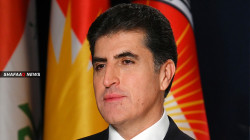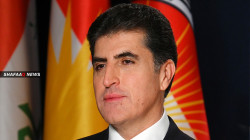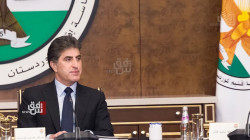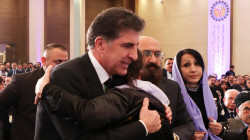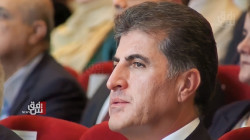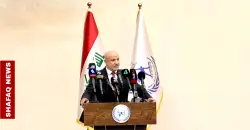Kurdistan's President reaffirms efforts to recognize Anfal Against Barzanis as genocide
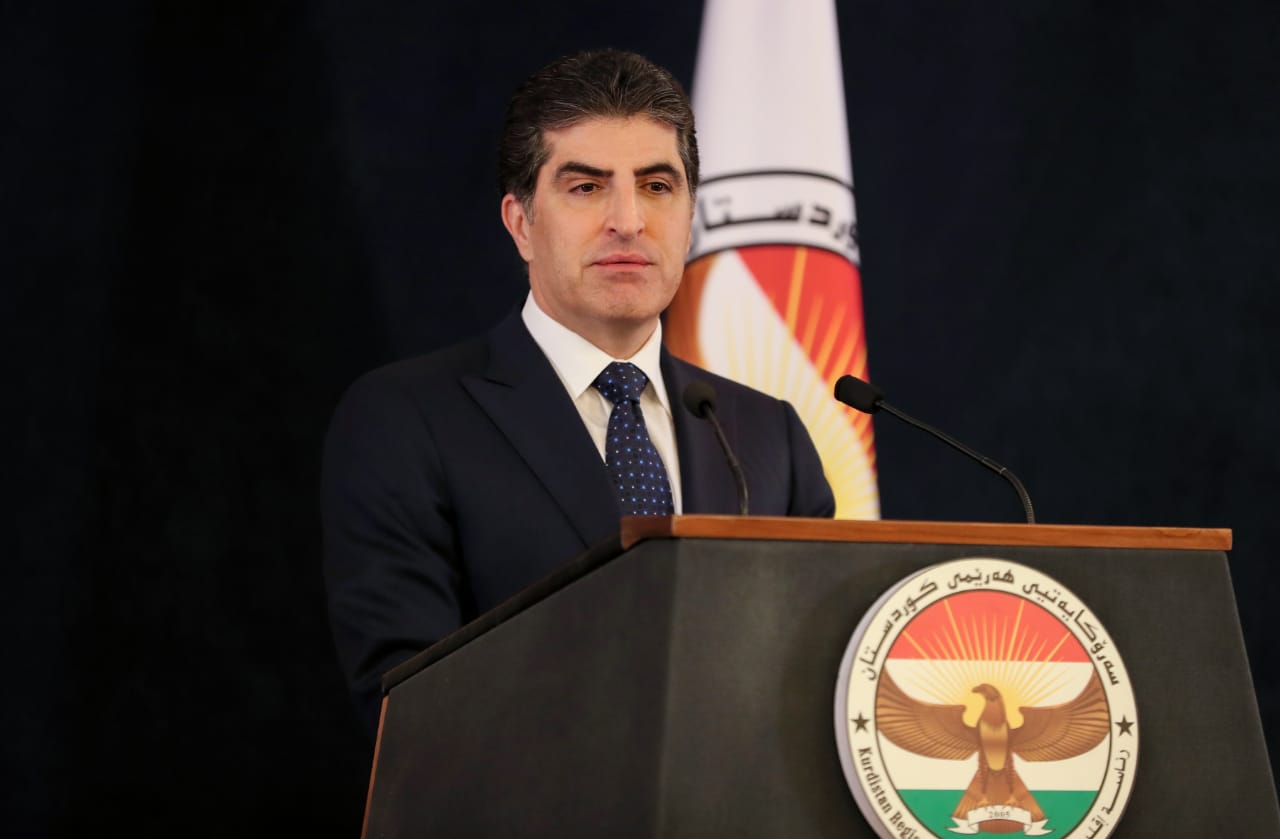
Shafaq News/ On Wednesday, Kurdistan Region
President Nechirvan Barzani reiterated his commitment to seeking international
recognition for the Anfal campaign against the Barzanis as a genocide.
In a statement marking the 41st anniversary of
the Anfal campaign, Barzani emphasized the need to acknowledge the atrocities
committed against the Kurdish people. "We solemnly remember the eight
thousand Barzani men, fathers, and elders who were forcibly disappeared between
July 31 and mid-August 1983," Barzani said. "They were subjected to a
brutal campaign by the Iraqi regime, which led to their execution in mass
killings."
Barzani described the Anfal campaign as an
attempt to "break the Kurdish people's spirit" but stated that it
ultimately strengthened the Kurdish liberation movement. "The campaign
aimed to crush our will for freedom, but it has become a dark stain on those
who carried it out. It has only fueled our resolve to confront oppression with
greater courage and determination."
Praising the resilience of the Barzani families,
the Kurdish President said, "Despite the pain and adversity, the Barzani
mothers and families stood firm. They managed to raise their orphaned children
with dignity and pride, producing a dedicated and capable new generation…I
salute all those who faced these hardships with dignity and did not
surrender."
Moreover, he reaffirmed the Kurdistan Region
Government's commitment to pursuing international recognition of the Anfal
campaign and other Kurdish tragedies as ethnic genocide, calling for continued
unity and cooperation among Kurdish political parties and compensation for the
victims' families.
In 1983, an uprising against Saddam's regime
erupted in the Kurdistan Region, leading to the Anfal campaign. Saddam
appointed General Ali Hassan al-Majid al-Tikriti, the Secretary of the North in
the Baath Party, to oversee the Anfal campaign. On March 16, 1988, al-Majid
ordered chemical attacks on Halabja and surrounding villages, an action
recognized as "genocide."
The campaign targeted the Barzan area, where
8,000 individuals were arrested, transported to the deserts of southern Iraq,
and executed. Their bodies were buried in mass graves.
On May 3, 2011, the Iraqi High Criminal Court
labeled the Anfal campaign as a "crime against humanity and
genocide."
Following the fall of Saddam's regime in 2003,
several key figures, including Saddam Hussein and Ali Hassan al-Majid, were
tried and convicted in connection with the Anfal campaign, with some receiving
death sentences.
